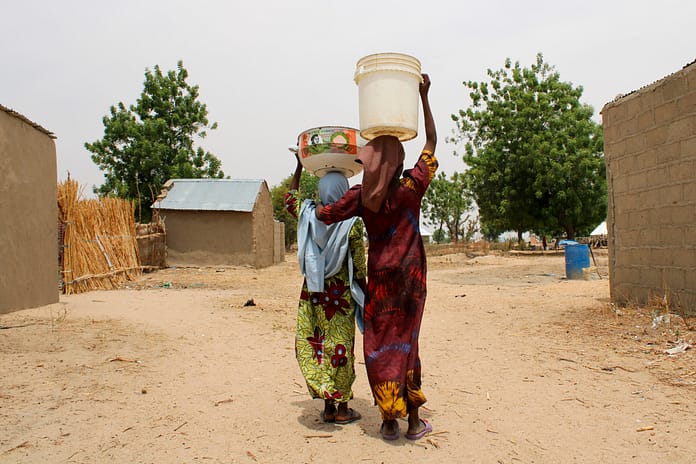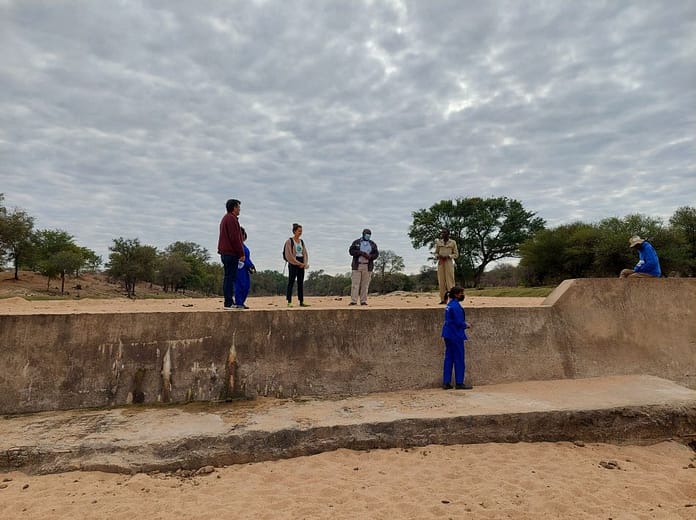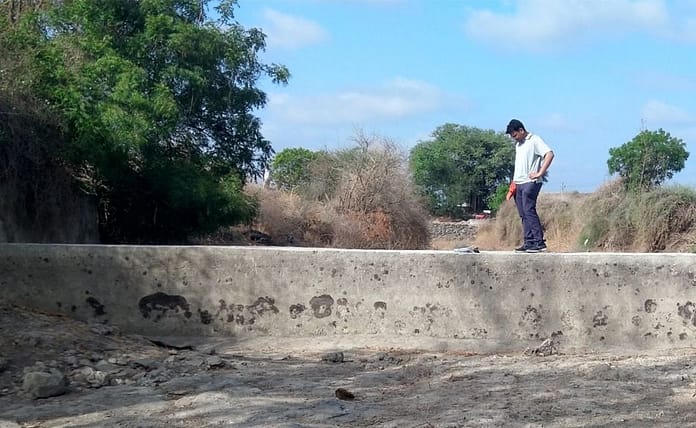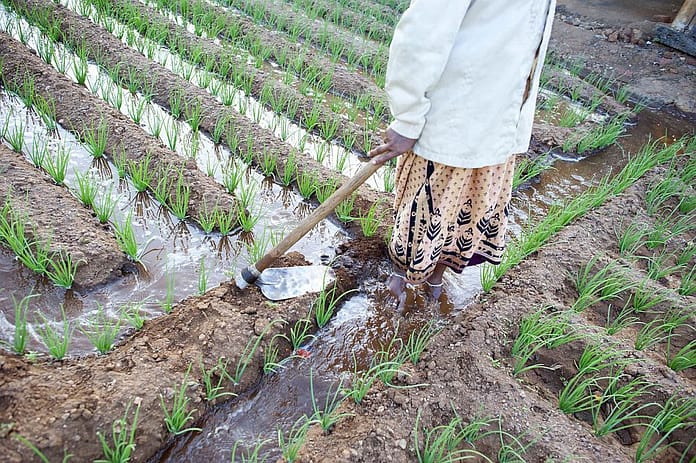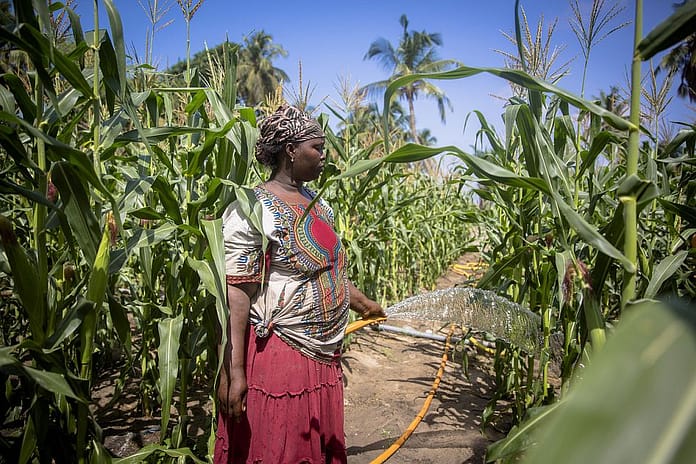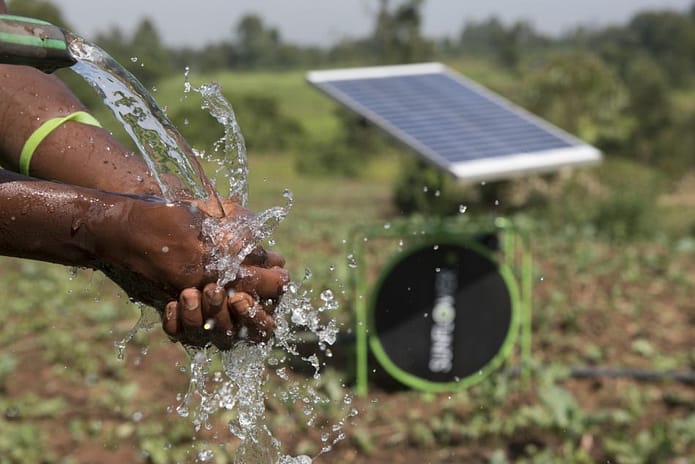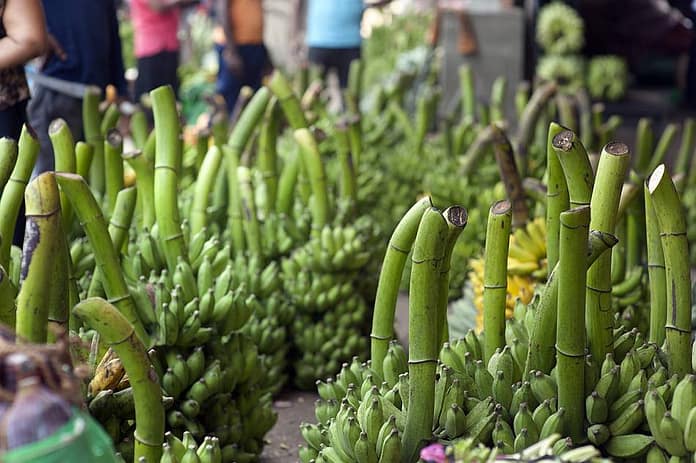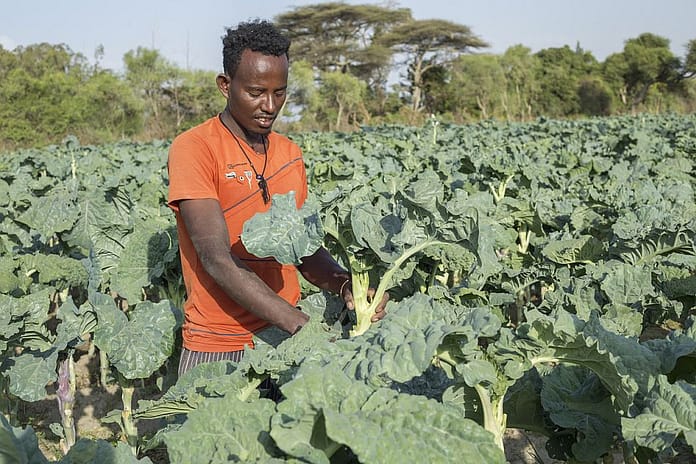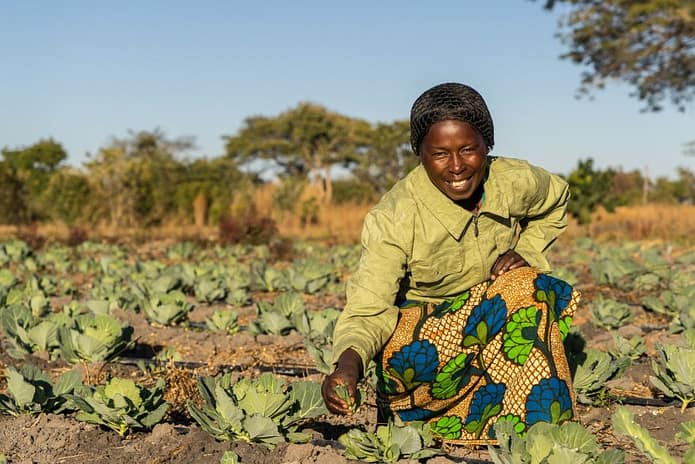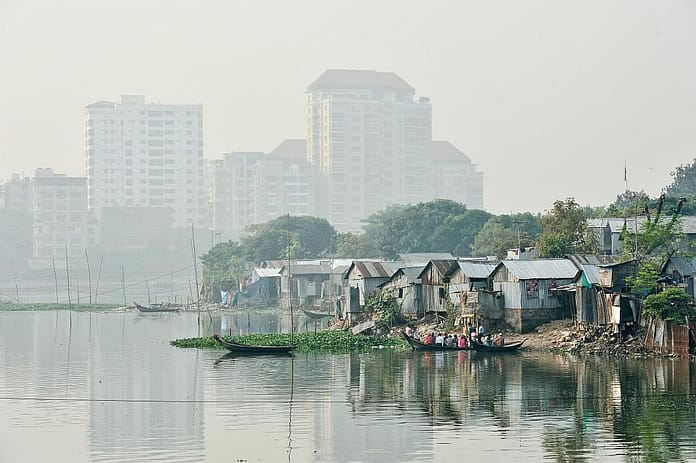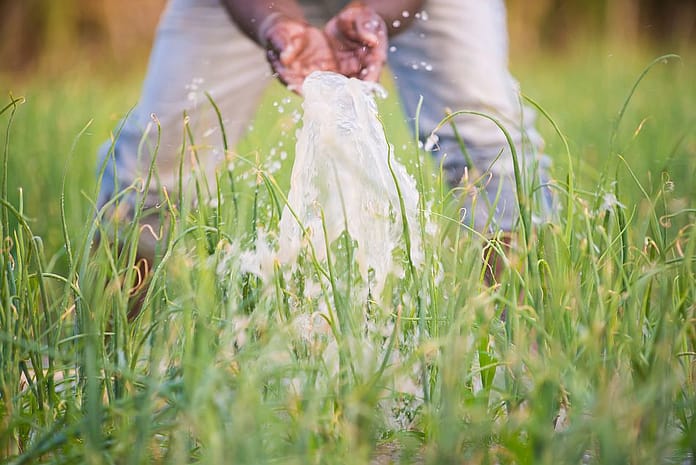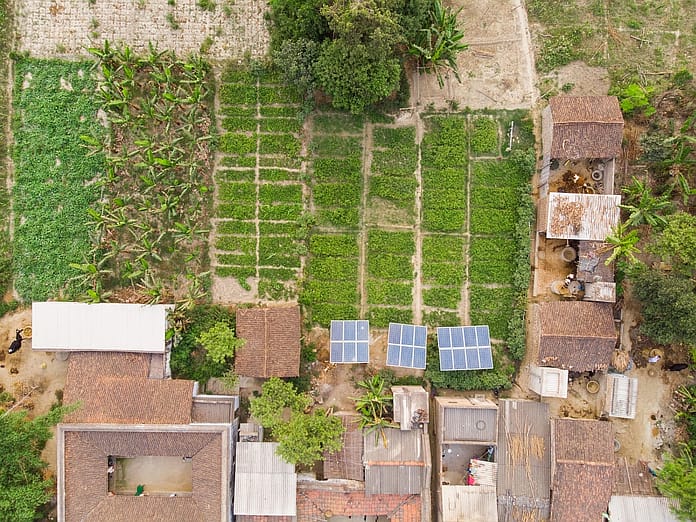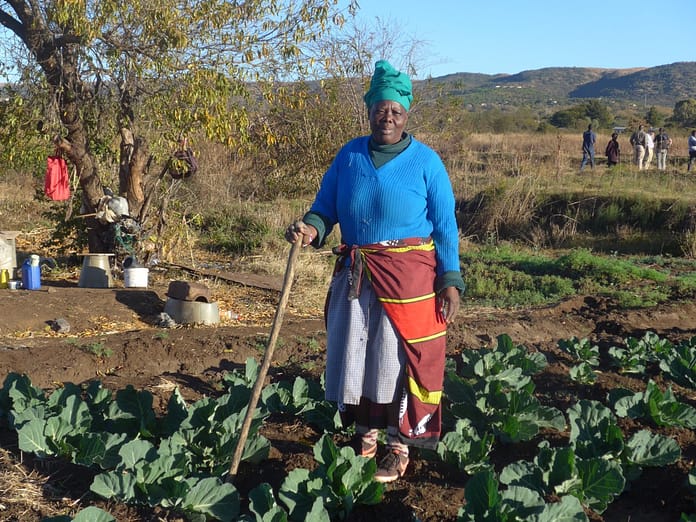
The Lao People’s Democratic Republic (Lao PDR) has traditionally enjoyed abundant water resources. However, based on its socio-economic development, there is a growing demand for water resources, and hence an increased focus on groundwater resources. The Department of Water Resources (DWR) within Lao PDR’s Ministry of Natural Resources and Environment (MONRE) is responsible for the management of groundwater resources. It works to enhance its leadership in groundwater management through developing appropriate policies and guidelines, establishing mechanisms for enforcing standards and monitoring, and improving information sharing with other stakeholders. DWR aims to ensure sustainable and effective groundwater management by strengthening these areas and developing and operationalizing Sustainable Groundwater Management Plans (SGMP).
As part of the Support to DWR in 2025 – Sustainable Groundwater Management project, with funding from Australia’s Department of Foreign Affairs and Trade (DFAT) and through the Australian Water Partnership (AWP), the International Water Management Institute (IWMI), the Department of Water Resources and Flinders University organised a consultation workshop in March 2025 to endorse the draft of the Sustainable Groundwater Management Plan for the Luangprabang Province.
Oudomsak Philavong, director general of DWR, explained that the primary objective of the Sustainable Groundwater Management Plan was to enhance and systematize groundwater management, and to improve its efficiency while promoting sustainable and optimal utilization of groundwater resources. He said, “This is based on integrated water resource management principles, aiming to support socio-economic development, reduce poverty, and ensure equitable access to groundwater for all groups of people regardless of gender, disability, or socio-economic status.”

The plan has been developed in alignment with national policies, strategies, socio-economic development plans, as well as provincial, district, and multiple development plans. Philavong stressed that it “also incorporates sectoral development plans to facilitate the implementation of relevant policies, strategies, laws, and regulations, ensuring that groundwater use follows green and sustainable practices.”
The Plan for Luangprabang is a legal policy under a ministerial agreement on water usage regulations for both ground and surface water, designed to facilitate implementation, support its objectives, and translate commitments into practice.
Siriphone Souphanthong, vice governor of Luangprabang Province, and Chanthanet Boualapha, vice minister of the Ministry of Natural Resources and Environment, co-chaired the workshop. The 45 participants included representatives from four divisions within the DWR, the Provincial Office of Natural Resources and Environment (PONRE) of Luangprabang, the District Office of Natural Resources and Environment (DONRE), and other departments within the province.
During an extensive fieldwork, a team from IWMI, Flinders University, and DWR met with DONRE representatives to gain a better understanding of the groundwater situation in their respective districts. They obtained information on socio-economic conditions and on water consumption and demand.

During hands-on trainings, local technical staff from the various DONREs enhanced their skills in using field equipment such high-accuracy GPS, water level meters, and water quality test kits.
The collaboration with local staff was productive and fostered a constructive exchange of knowledge and skills. A representative from PONRE of Luangprabang, Douangvath Phonthachak, said, “It’s been very useful to get hands-on experience using the field equipment and conducting the groundwater survey alongside staff from the central government and international experts. The practical fieldwork has helped me understand groundwater issues much better than reading theoretical concept.”
The data and information gathered from this survey will be consolidated into the SGMP to ensure effective validation and the formulation of the appropriate activities to address the key challenges. Two of the four provinces supported through the one-year project have already completed fieldwork. Going forward, the project team will continue to work in the remaining two provinces, build staff capacity, develop and implement a pilot water quality monitoring program, and support the development of the National Groundwater Action Plan.


